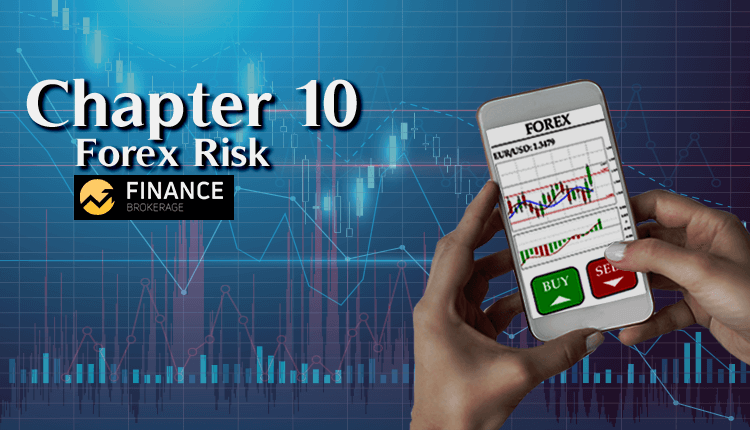From the bustling financial centers of New York to the heart of London’s enigmatic City, foreign exchange trading – the buying and selling of currencies – stands as the lifeblood of the global economy, accounting for trillions of dollars daily. Amidst this vast financial landscape, banks have emerged as indispensable players, orchestrating the complex symphony of currency exchange.

Image: www.financebrokerage.com
The Many Roles of Banks in Forex Trading
Banks don’t merely trade currencies for their own accounts; they serve as essential intermediaries, facilitating transactions between businesses, governments, and individuals. Their multifaceted roles include:
-
Liquidity Providers: Banks hold vast pools of various currencies, providing the liquidity necessary for smooth and efficient trading.
-
Exchange Rate Setting: Large banks play a critical role in determining spot exchange rates, the prices at which currencies are traded instantly.
-
Risk Management: Banks employ sophisticated risk management strategies to mitigate the inherent risks associated with currency trading.
-
Settlement and Custody: Banks act as central custodians for traded currencies, ensuring settlements and safeguarding funds.
The Importance of Banks in Forex Trading
The presence and involvement of banks in forex trading bring stability and confidence to the market:
-
Reduced Market Volatility: By providing liquidity, banks minimize sharp price fluctuations, ensuring the market operates smoothly and orderly.
-
Integrity and Oversight: Banks adhere to strict regulatory frameworks, fostering transparent and fair trading practices.
-
Accessibility for All: Banks offer access to the forex market to a diverse range of participants, from major financial institutions to retail traders.
Navigating the Forex Market with Banking Support
For those seeking to engage in forex trading, partnering with a reputable bank is crucial for success:
-
Expertise and Guidance: Banks provide access to expert analysts and traders who can guide you through complex market conditions.
-
Robust Trading Platforms: Banks offer sophisticated trading platforms that empower traders with the tools they need for success.
-
Security and Protection: Banks prioritize security measures, ensuring that your funds and personal information remain safe.
Conclusion
In the dynamic and ever-evolving world of forex trading, banks stand as pillars of stability and confidence, facilitating the seamless exchange of currencies and fueling the global economy. Their multifaceted roles in liquidity provision, risk management, and regulatory compliance create an environment conducive to transparent and profitable trading. Whether you’re a seasoned trader or just starting your forex journey, partnering with a reputable bank is the key to harnessing the full potential of the market and achieving your financial goals.

Image: www.forex.academy
Role Of Banks In Forex Trading






